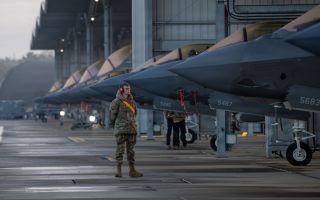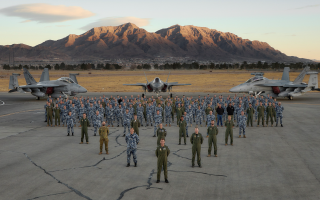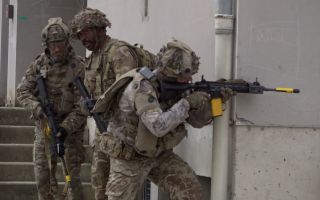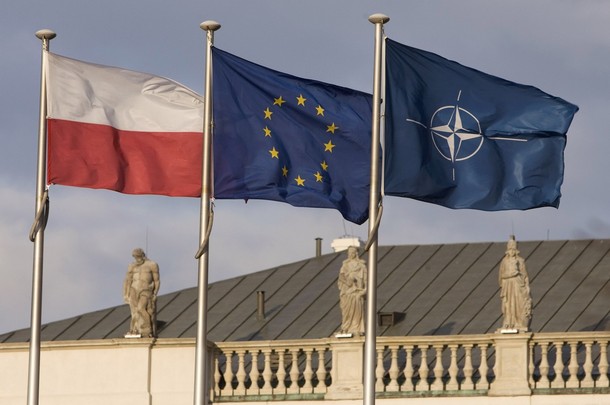
New NATO Centre To Counter Russian Spies

Poland is now home to a special NATO hub tasked with countering Russian espionage.
The NATO Counter-Intelligence Centre of Excellence opened its doors in Krakow yesterday in a bid to strengthen the 29-member military alliance.
The idea of the hub is to work together to gather intelligence and improve the alliance’s capabilities amid rising tensions with Russia.
Speaking at the grand opening Polish Defence Minister Antoni Macierewicz said that the centre was:
“Fundamentally important, especially in the "face of threats from Russia”.
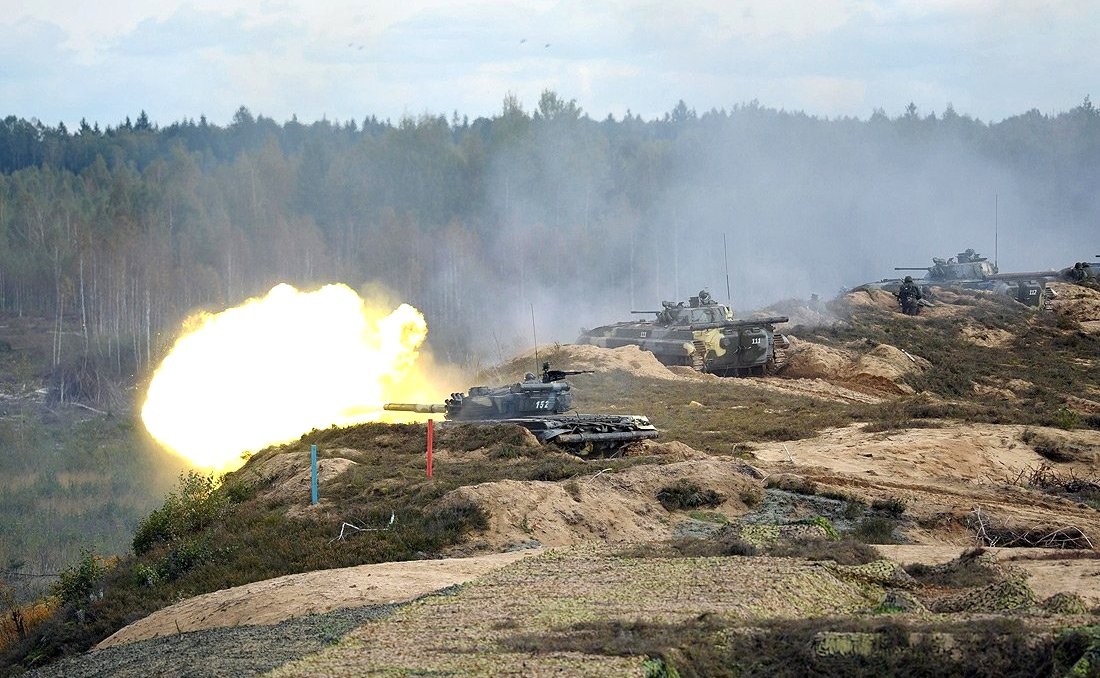
He went on describe how widespread of a problem espionage has become. No longer just a threat reserved for the military, espionage now “covers all areas of life”.
The counter-intelligence centre was formally endorsed in 2015 at talks in the alliance’s Allied Command Transformation facility in Virginia, U.S.
NATO’s relations with Russia have hit their lowest point since the Cold War after conflict in Ukraine.
Since then espionage claims from both sides have seen a tremendous increase.
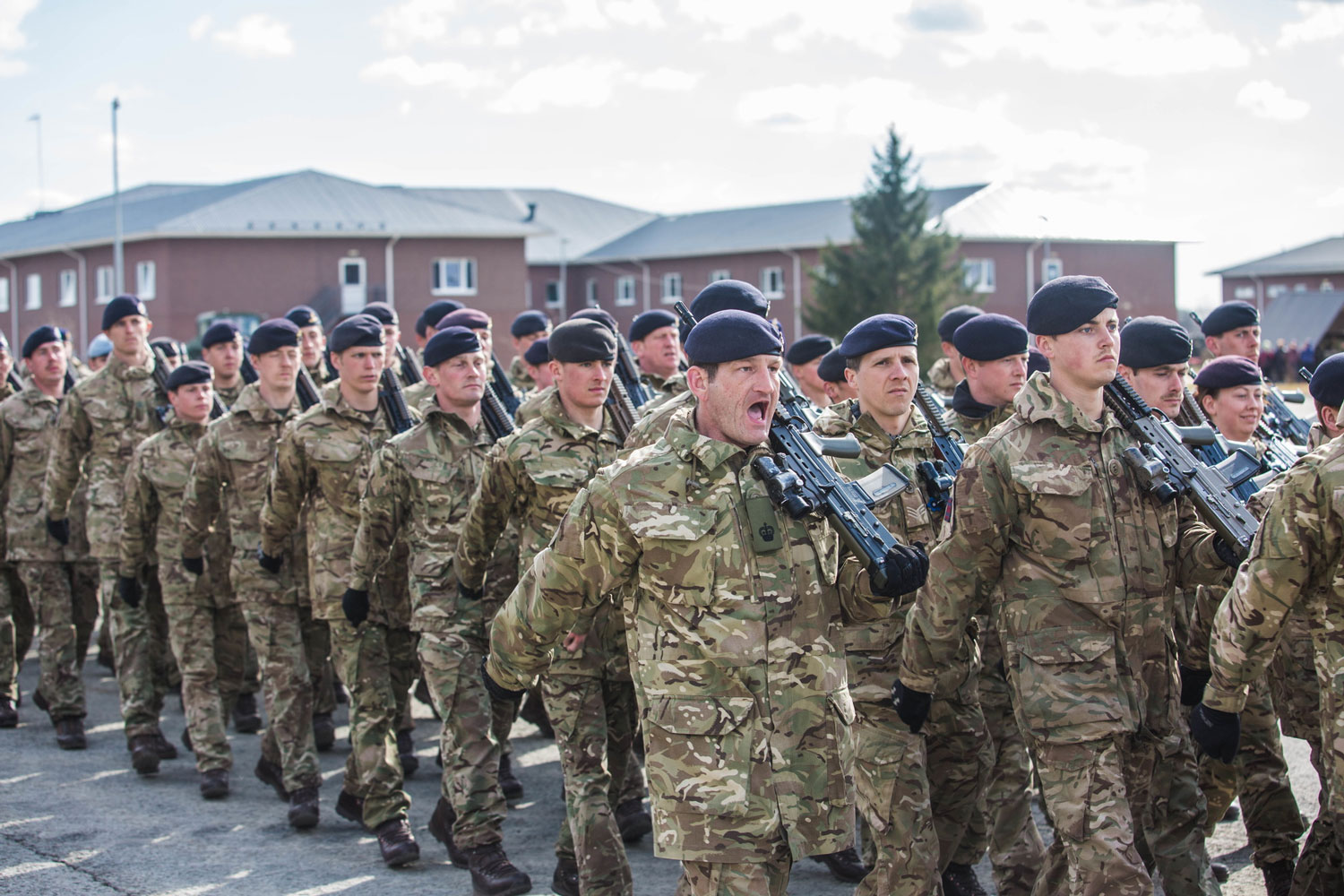
Only recently NATO complained that Russia had targeted NATO troops’ smartphones in an attempt to collect information on operations, troop strength and as an intimidation tactic.
Hacking claims have been rife at the Tapa base in Estonia.
The military base is home to the British Army, who lead the Enhanced Forward Presence (EFP) Battalion Battle group stationed there.
The Wall Street Journal reported that the hacking had got so bad at the Baltic base that troops’ superiors had ordered soldiers to jump into lakes to make sure they’re following the policy of “no smartphones”.
Some soldiers even reported wrapping their phones in condoms.
It is the 24th facility opened and operated by the alliance.
According to their website, they are aimed at "expanding interoperability, increasing capabilities, aiding in the development of doctrine and standards, conducting analyses, evaluating lessons-learned and experimenting in order to test and verify concepts."
NATO has continued to bolster its forces in eastern Europe with four international battalions.
Over 7,00 troops are now deployed along the Russian border.




